April showers bring April festivals, and then there are May festivals, and June ones, and July and August. And we don’t even have time to get to September. That’s right, friends (may we call you that?): It’s time for the Spring Fairs & Festivals Guide.
April
Month of Jazz at Crosstown Arts
A monthlong celebration of jazz.
Crosstown Arts, various dates through April 30
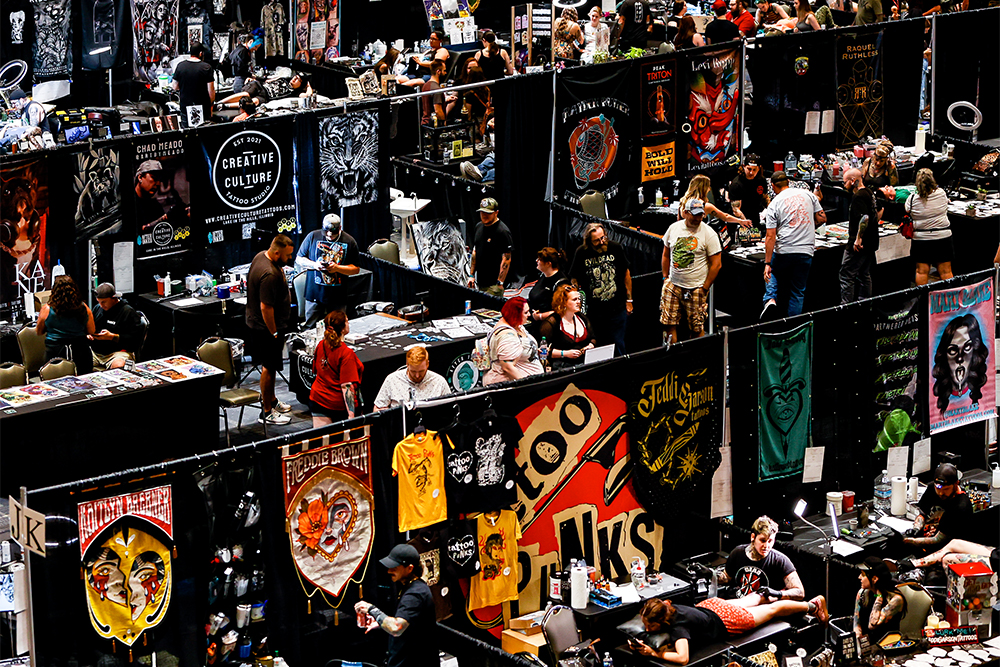
Memphis Tattoo Festival
If you can dream it, you can tat it.
Renasant Convention Center, April 4-6
TrollFest
Don’t be a troll; instead, learn how to take better care of the environment at this festival.
Memphis Botanic Garden, April 5
Wine, Food and Music Spring Festival
Wine all you want. Notice I said “wine,” not “whine.”
Beale Street Landing, April 5
Foodees Food and Culture Festival
Does it bother me that it’s not spelled “Foodies”? A little. Do I care? Not when the festival is bringing 70 food trucks and 100 crafters and makers.
Riverside Drive, April 11-13
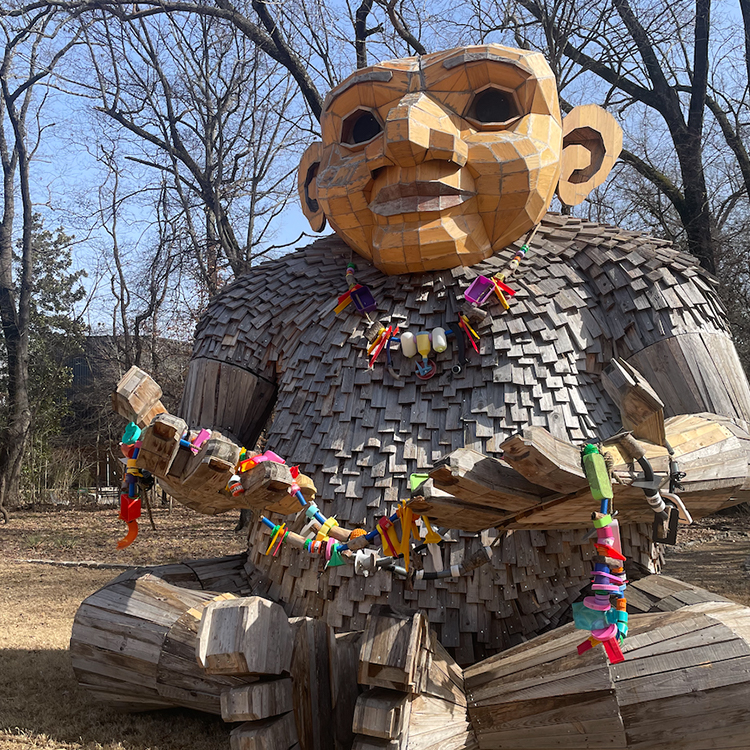
Brewfest
You’re cruising for a brewski.
Mississippi Ale House, Olive Branch, MS, April 12
Cooper-Young Porchfest
Get out of my head and onto my lawn (for free porch concerts, obviously).
Cooper-Young Historic District, April 12
Juke Joint Festival
No need to be a juke box hero when you can go to the Juke Joint Festival.
Clarksdale, MS, April 12
Orbit Fest
You’ll want this fest in your orbit: seltzers, vendors, music. It’ll be a blast.
Crosstown Brewing Company, April 12
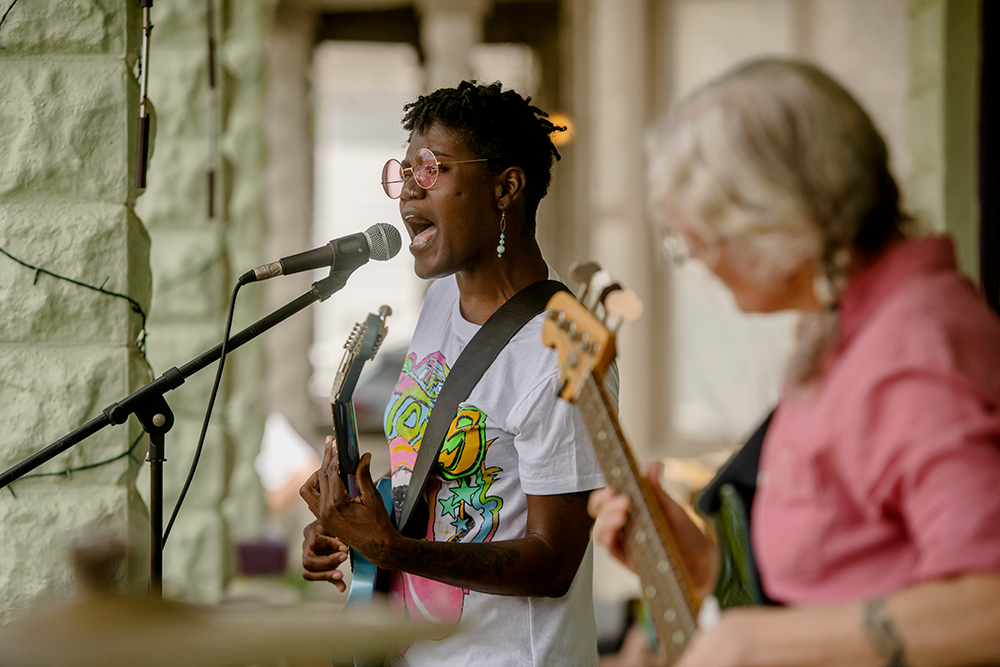
Shelby Forest Spring Fest
A Mardi Gras-themed fest with wildlife and cultural exhibits, plus music, food, arts and crafts, and more.
Meeman Shelby Forest State Park, April 12
Shop Black Fest
Black businesses for the win.
Bass Pro Drive + Riverside Drive, April 12
Taco & Tequila Fest
Taco ’bout tequila.
Butterific Bakery & Cafe, April 12
The Mid-South Korean BBQ Festival
A backyard cooking competition of traditional American barbecue and Korean barbecue.
Grind City Brewing Company, April 12
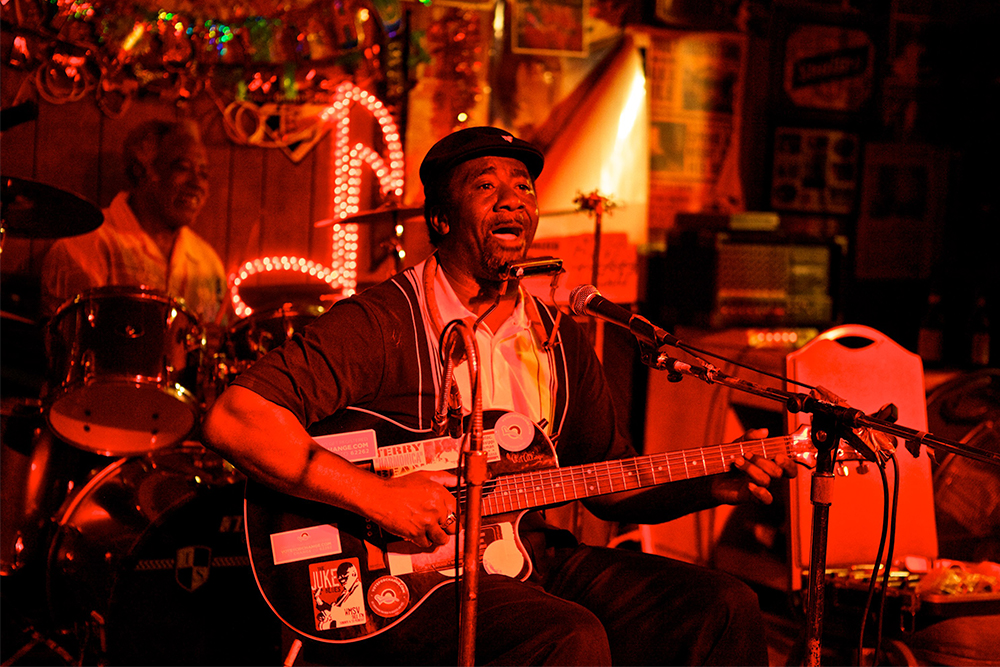
Black Arts & Wine Festival
Shop visual art by Black creatives and sample wines and liquors from Black brands.
Pink Palace Museum & Mansion, April 13
Concerts in the Grove
Enjoy an outdoor concert or two.
Germantown Performing Arts Center, select Thursdays, April 17-June 26
Africa in April
Salute the Republic of South Africa.
Robert R. Church Park, April 18-20
Good Vibes Comedy Festival
LOL IRL.
Hi Tone, April 18-20
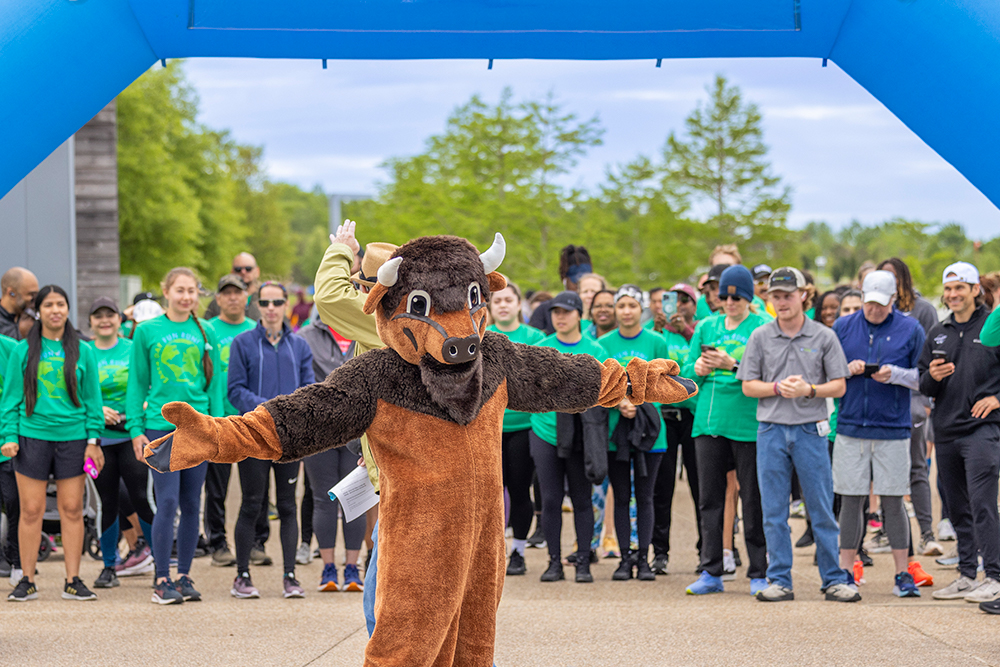
Earth Day Festival
Where fun meets sustainability, and sustainability meets you.
Shelby Farms Park, April 19
Shell Daze
Dazed and confused, more like dazed and I don’t know where I was going with this … so I guess I am confused. But this festival is not confusing! It’s all about music: Lettuce, Daniel Dato’s Cosmic Country, Grace Bowers & the Hodge Podge, and The Velvet Dog.
Overton Park Shell, April 19
Art in the Loop
Let me loop you in: It’s the art festival in East Memphis.
Ridgeway Loop Road, April 25-27
Double Decker Arts Festival
A two-day (a double-day?) celebration of food, music, and the arts.
Oxford Courthouse Square, Oxford, MS, April 25-26
Trolley Night
Explore galleries, restaurants, bars, and shops open late with activities on the street every month.
South Main, last Friday of the month
23rd Annual World Championship Hot Wing Contest and Festival
Wing, wing, wing, this festival is calling for you.
River Garden Park on Riverside Drive, April 26
Spring Craft Fair
Find crafts and one-of-a-kind treasures.
Meddlesome Brewery, April 26
Taste the Rarity
Get weird with beer.
Wiseacre Brewing Company, April 26
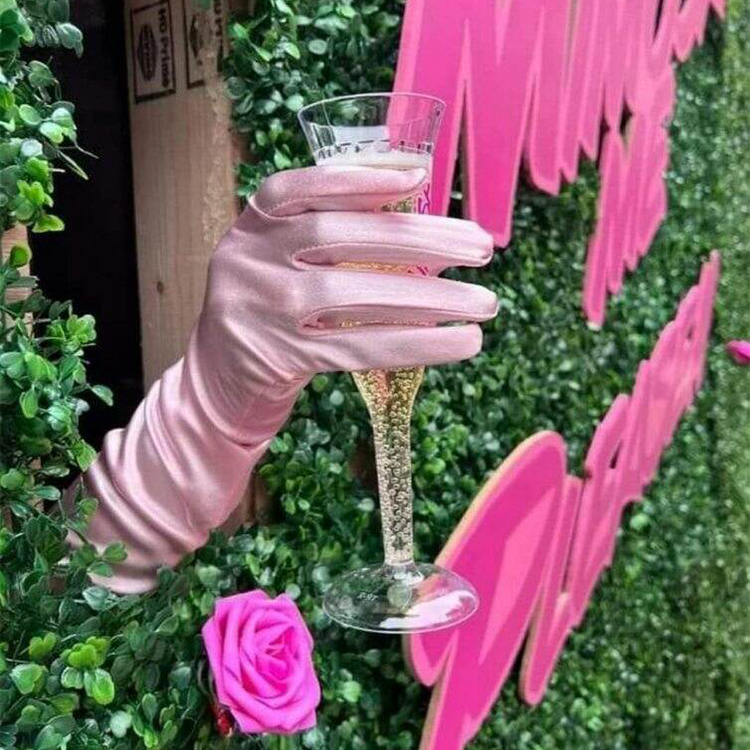
Mimosa Festival
Mimosa is a fun word to say, and this festival is even funner (and that’s a fun word).
Autozone Park, April 27
32nd Rajun Cajun Crawfish Festival
Heads, you suck. Tails, you pinch.
Riverside Drive, April 27
May
Experience Memphis Gardens
Roses are red; violets are blue. I’d love to walk Memphis’ gardens with you.
Various locations, May 1-June 15
Memphis in May International Festival
Salute South Korea at this festival.
Memphis, May 1-31
Mississippi Wildlife Heritage Festival
Go wild with food, art, games, expos, contests, crawfish, and more.
Downtown Leland, May 2-3
RiverBeat Music Festival
This year’s headliners are Missy Elliot, The Killers, and Anderson .Paak & The Free Nationals.
Tom Lee Park, May 2-4
Cigar & Whiskey BBQ Festival
Cigars, whiskeys, barbecue — it’s in the name.
Agricenter International, May 3
Bookstock
This fest is for the books. Literally.
Benjamin L. Hooks Central Library, May 3
Café du Memphis
Beign-yay! (And shrimp and grits and café au lait. Yay for all!)
Overton Park Shell, May 3
Overton Square Crawfish Festival
Go cray for the crayfish.
Overton Square, May 3
The Big Squeeze Food Truck Festival
When life gives you lemonade, wash it down with food truck fare and music.
Germantown Performing Arts Center, May 3
Memphis Greek Festival
Say: Opa! And bring three cans of nonperishable food for free admission.
Annunciation Greek Orthodox Church, May 9-10
World Championship Barbecue Cooking Contest
Mind your Ps and ’cues — mostly your ’cues because I’m not sure how helpful those Ps will be.
Liberty Park, May 14-17
SmokeSlam
Talk about a smoke show.
Tom Lee Park, May 15-17
DreamFest Weekend
Sweet dreams are made of this: a weekend of Memphis music.
Overton Park Shell, May 16-18
Ruby Bridges Reading Festival
Enjoy book giveaways, children’s activities, and storytelling.
National Civil Rights Museum, May 17
Trans-Fest
A celebration of the trans community.
Wiseacre Brewery, May 17
Uptown Arts Festival
Expect art, music, beer, and a good time.
Grind City Brewing Company, May 17
Bluff City Fair
This fair isn’t bluffing when it comes to fair foods, carnival rides, and attractions.
Tiger Lane at Liberty Park, May 23-June 1
Memphis Dragon Boat Festival
Dragons will race. Well, dragon boats.
Hyde Lake at Shelby Farms Park, May 31
Memphis Italian Festival
Where everyone’s Italian.
Marquette Park, May 29-31
Memphis Margarita Festival
Some people claim there’s a festival to blame, and it’s this one. Wastin’ away again at the Memphis Margarita Festival …
Overton Square, May 31
Memphis Vegan Festival
No animals were harmed in the making of this festival.
Fourth Bluff Park, May 31
June
Juneteenth Shop Black Festival
Shop from 100 Black businesses.
Fourth Bluff Park, June 1
Tupelo Elvis Festival
Get ready to rock and roll.
Downtown Tupelo, June 4-7
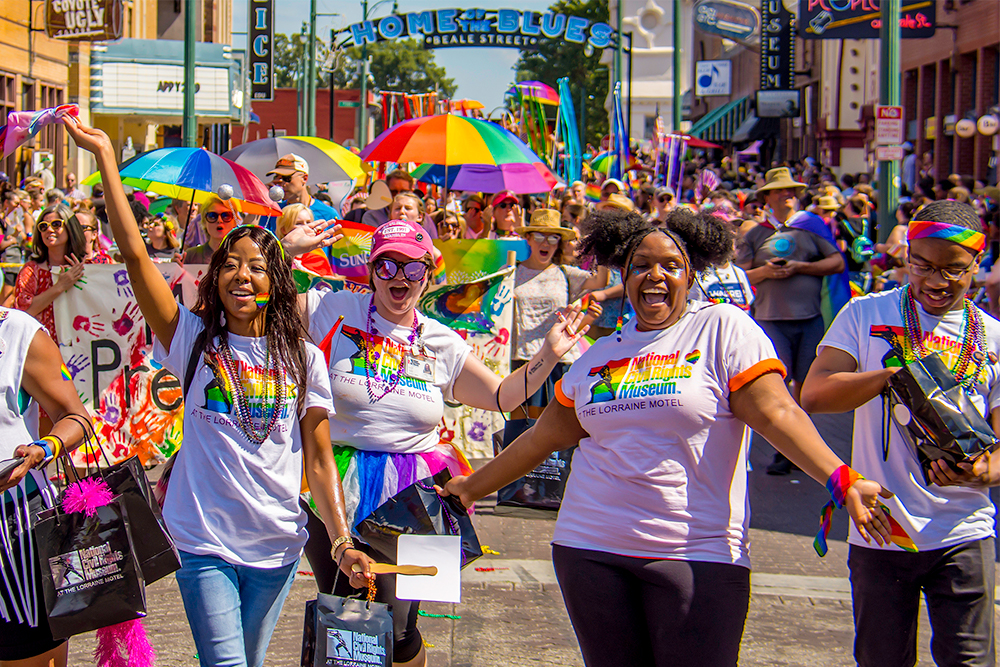
Memphis Pride Fest Weekend
A four-day celebration embodying the spirit of the LGBTQ community.
Various locations, June 5-8
Memphis Crafts & Drafts Festival Summer Market
This event is no rough draft. It was perfectly crafted to fit all your summer market needs. It’s also put on by the Memphis Flyer, which I’ve heard is pretty awesome.
Crosstown Concourse, June 7
Fried Chicken Fest
Why did the chicken cross the road? To get to the Fried Chicken Fest? That doesn’t sound right. The fest is fun for humans though! It’s got fried chicken (with apologies to the chickens that crossed the road), music, and lawn games.
Germantown Performing Arts Center, June 7
Craft Food & Wine Festival
Delicious food, exquisite wines, and live music, all while supporting Church Health.
The Columns, June 8
Betonia Blues Festival
With a lineup with the likes of Nick Wade, Jimmy Duck Holmes, Chris Gill & Sole Shakers, and Bobby Rush featuring Mizz Loew, you know you’re in for a good time.
Blue Front Cafe, Bentonia, MS
Memphis Brewfest
Just brew it.
Shelby Farms Park, June 21
Record Fair
Girl, put your records on. Tell me your favorite songs from Goner Records, River City Records, and Shangri-La Records ’cause this is the place to buy all your music.
Soul & Spirits, June 21
July
Delta Soule Picnic Festival
Expect R&B and Southern soul music.
Warfield Point Park, Greenville, MS, July 5
Memphis Summer Cocktail Festival
Get your drink on.
The Kent, July 12
August
Planted Rock Vegan Festival
We will … we will … rock you (as long as you’re a plant). This fest promotes vegan foods and will give healthy living tips.
Collage Dance Center, August 5
FedEx St. Jude Championship
Here’s where I’d insert a golf pun, if I knew any. If you know about golf, I assume you know about this championship.
TPC Southwind, August 6-10
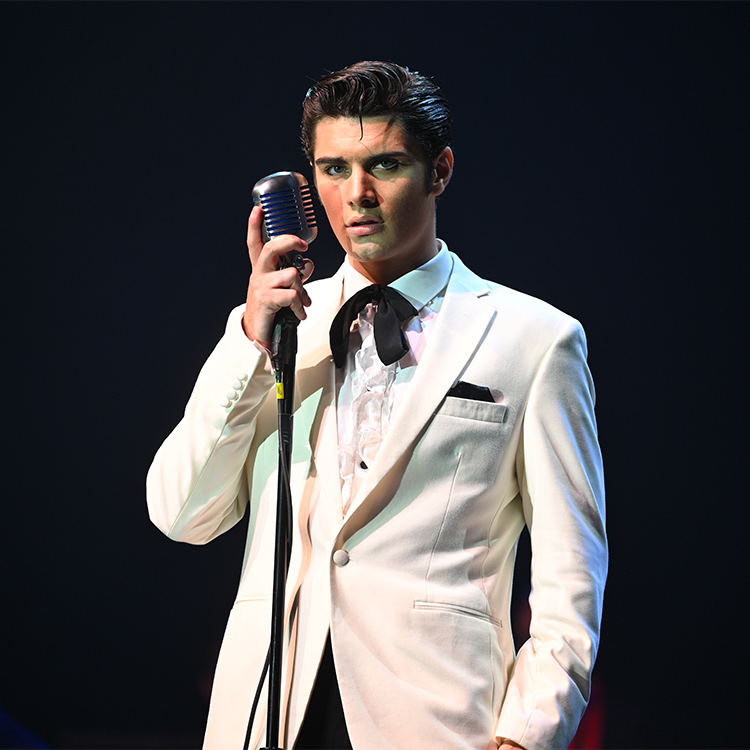
Elvis Week
The Elvii are coming! The Elvii are coming! And they’re showing up for music, panels, contests, movies, fan meet-ups, tours, and more.
Graceland, August 8-16
Skol-astic Book Fair
Ah, book it. Book it real good.
Soul & Spirits, August 9
Memphis Chicken & Beer Festival
People like chicken; people like beer.
Simmons Bank Liberty Stadium Field, August 16
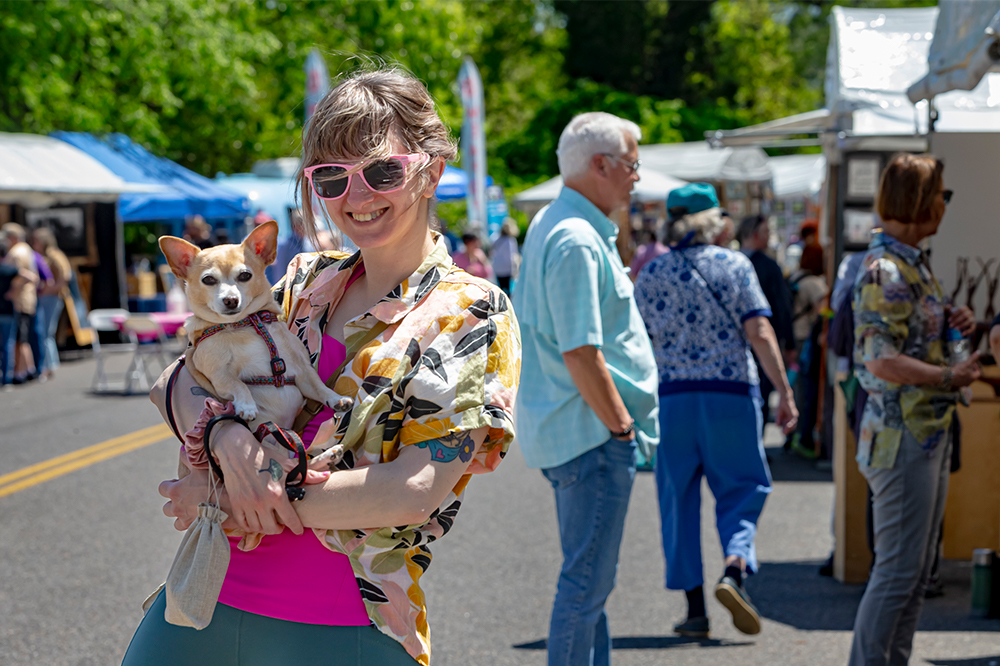
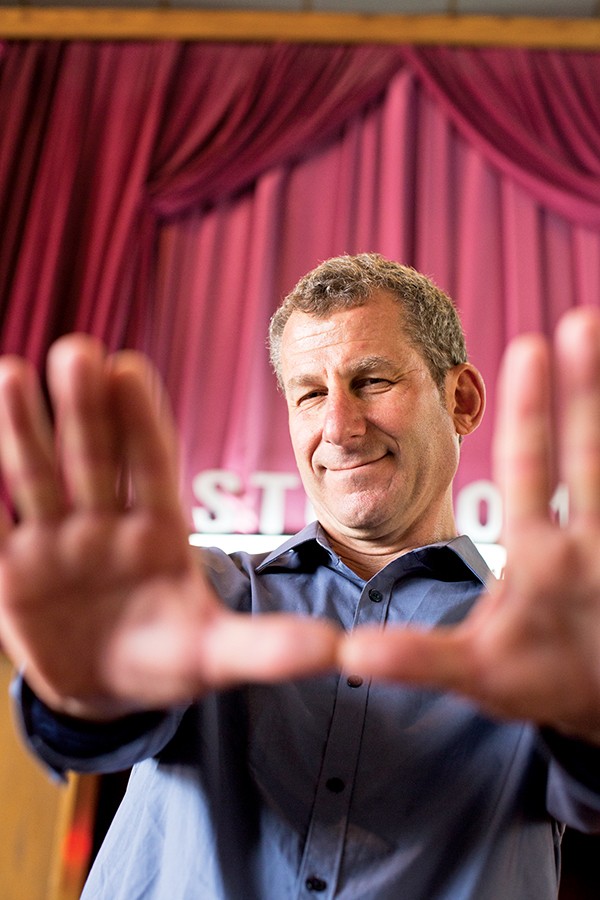 Justin Fox Burks
Justin Fox Burks 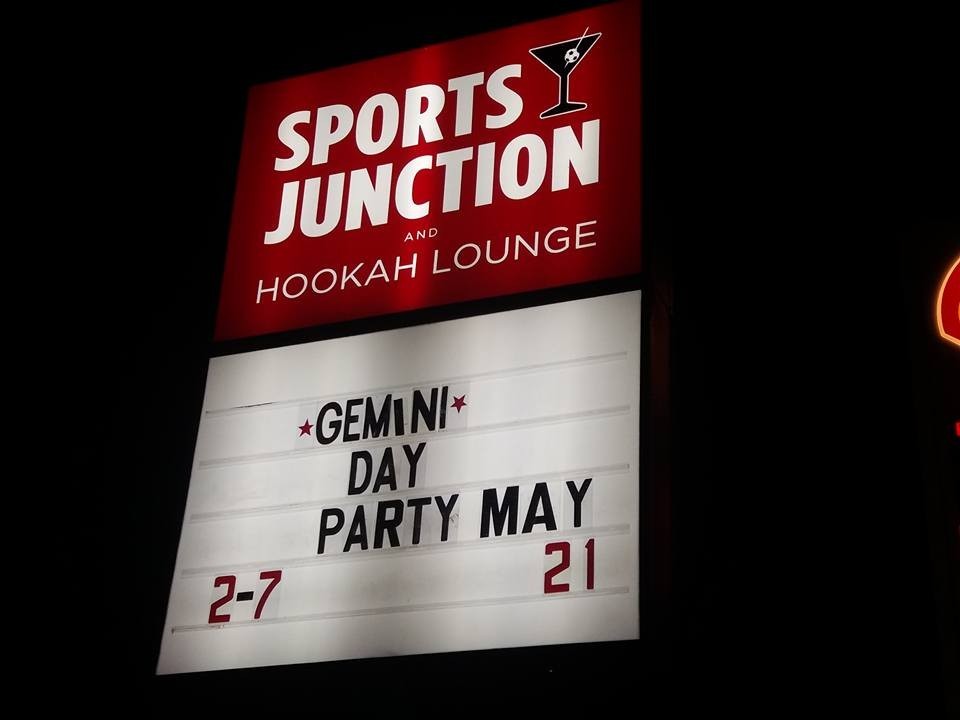
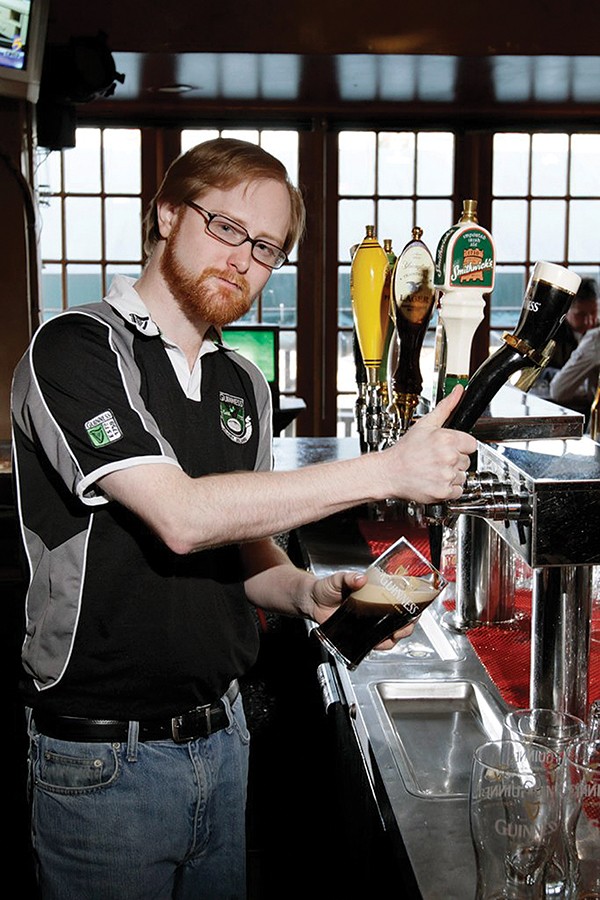 Justin Fox Burks
Justin Fox Burks